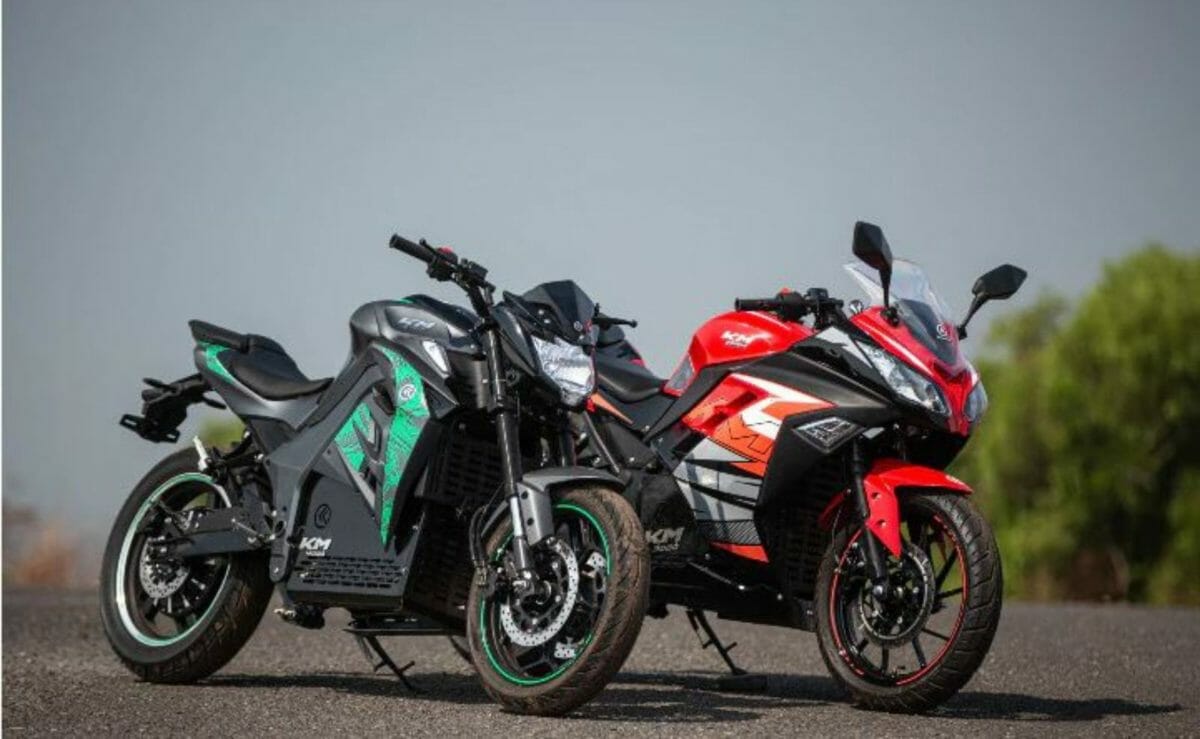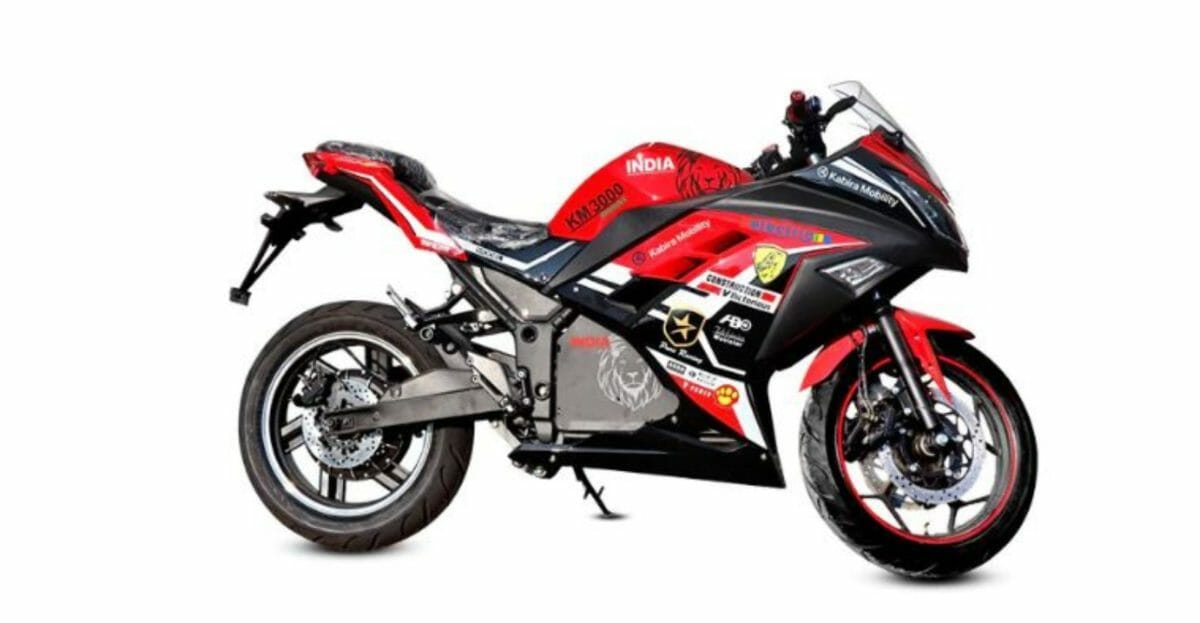Unless you have been living under a rock for a long time, you know the electric revolution in India is well and truly on. And it is spearheaded by the 2-wheeler electric mobility startups and companies that are coming up each and every day. One such name now is Kabira Mobility which is based out of Goa and is said to have been in existence for 4 years now. The company recently launched 2 new motorcycles, KM 3000 and KM 4000.
More details
And now, it is being reported that the first batch of its newly-launched KM3000 and KM4000 electric motorcycles has been sold out in just 4 days. The initial batch included 5,000 units.

The KM 3000 is a fully faired sports bike and its styling looks heavily inspired by the Kawasaki Ninja 300. There is no getting around the fact that it is a KM labelled Ninja 300. The KM 4000, on the other hand, is a naked motorcycle that again borrows its styling from the litre-class Kawasaki Z1000, while the front fascia is surprisingly similar to the Yamaha FZ S.
Surprisingly, the KM 3000 and the KM 4000 are not based on the same platform and hence feature a different set of hardware as well. The fully-faired KM 3000 features a standard telescopic fork, a single disc at the front and a disc at the rear. And surprisingly once again, the naked KM 4000 features a set of USD forks and dual discs at the front. Ironic, huh?

Talking about the powertrains, the KM 3000 is powered by a 6 kW BLDC motor drawing power from a 4 kWh battery pack while the KM 4000 is powered by 8 kW BLDC motor drawing power from a 4.5 kWh battery pack. The top speeds are 100 km/hr and 120 km/hr for the KM 3000 and KM 4000 respectively, achieved in the sport mode.
Furthermore, the claimed 0-40 km/hr of KM 3000 is 3.3 seconds and the same for KM 4000 is 3.1 seconds. The electric motor on this motorcycle is rated IP67, so its water and dust resistant. The max range in both these motorcycles are 120 km and 150 km respectively, while the battery can charge from 0-80 % in 50 minutes in boost charge while it would take 6 hours 30 minutes to charge from 0-100 % under eco charge.
